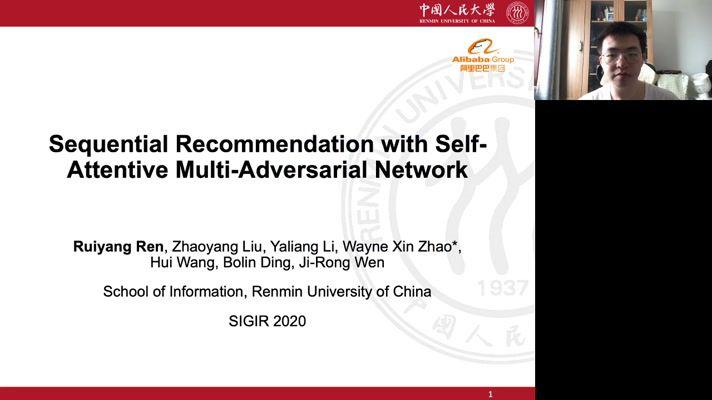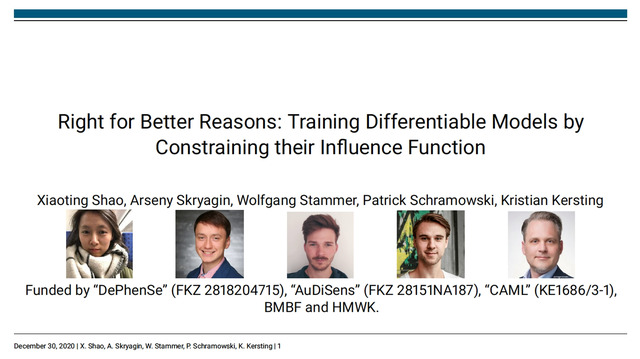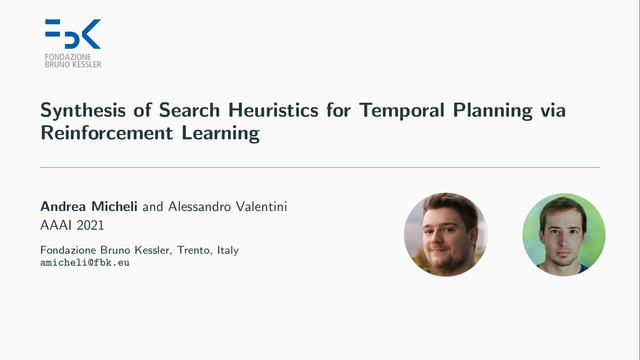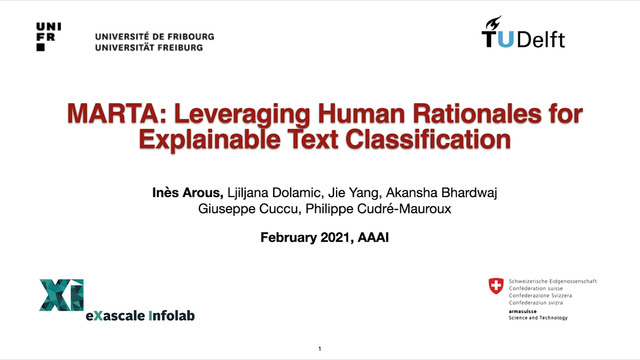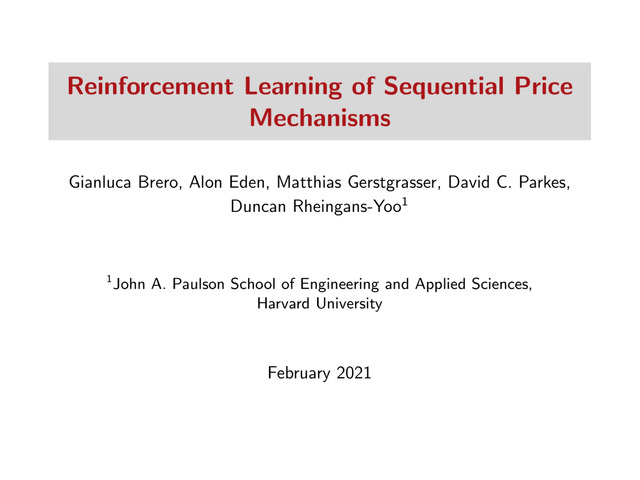Abstract:
Decision analysis deals with modeling and enhancing decision processes. A principal challenge in improving behavior is in obtaining a transparent *description* of existing behavior in the first place. In this paper, we develop an expressive, unifying perspective on *inverse decision modeling*: a framework for learning parameterized representations of sequential decision behavior. First, we formalize the *forward* problem (as a normative standard), subsuming common classes of control behavior. Second, we use this to formalize the *inverse* problem (as a descriptive model), generalizing existing work on imitation/reward learning---while opening up a much broader class of research problems in behavior representation. Finally, we instantiate this approach with an example (*inverse bounded rational control*), illustrating how this structure enables learning (interpretable) representations of (bounded) rationality---while naturally capturing intuitive notions of suboptimal actions, biased beliefs, and imperfect knowledge of environments.















